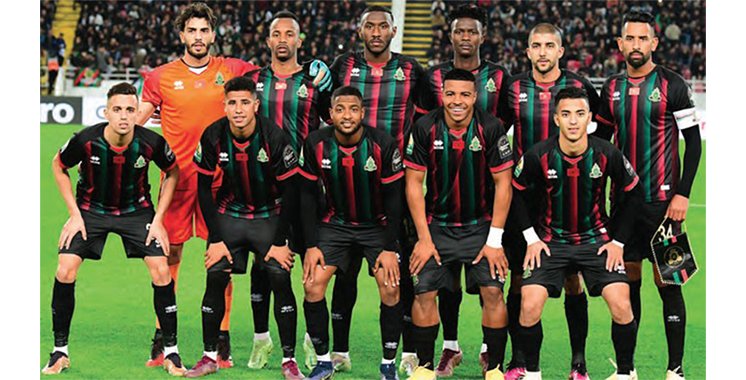How many teams qualify for AFCON 2025?

The Confederation of African Football (CAF) has confirmed that 24 teams will qualify for the 2025 Africa Cup of Nations (AFCON), set to be hosted by Morocco, AfricaSoccer.com can reveal.This format, first introduced in the 2019 edition in Egypt, continues to provide more opportunities for nations across the continent to compete at Africa’s premier football tournament as was confirmed by CAF Director of Competition Samson Adamu during the draw of the qualifiers.
Morocco, as the host nation, automatically qualifies for the tournament, leaving 23 spots to be contested through a comprehensive qualification campaign that began in March 2024.
This marks the second time Morocco will host the continental showpiece, having previously done so in 1988.
The qualification process involves 53 CAF member associations competing across 12 groups, with teams playing home and away matches against group opponents.
The format ensures that the top two teams from each group will secure their place in the finals, except for groups containing Morocco, where only the highest-placed team aside from the hosts will qualify.
“The expansion to 24 teams has revolutionised the African Cup of Nations,” says CAF President Patrice Motsepe.
“It has made the competition more inclusive and competitive, while maintaining the high standards that have always characterised this prestigious tournament.”
The qualification campaign represents a significant logistical challenge, with matches scheduled across multiple international windows.
Teams must navigate challenging away fixtures, often involving long-distance travel and varying climatic conditions across the continent.
Several powerhouses of African football, including defending champions Ivory Coast, record seven-time winners Egypt, and three-time champions Nigeria, are expected to secure their spots.
However, the expanded format has historically provided opportunities for smaller nations to make their mark.
In recent editions, teams like Comoros and Gambia have managed to qualify and perform admirably in their debut appearances.
The qualification process took into consideration FIFA rankings and previous AFCON performances through a seeding system for the group stage draw.
This ensures a balanced distribution of teams across the groups, although upsets remain a common feature of African football.
Nuhu Adams, the leading football analyst specialising in African football and editor of Africasoccer.com, explains: “The 24-team format has significantly changed the dynamics of qualification.
While it might seem easier to qualify with more spots available, the competition has actually become more intense, especially among mid-ranked nations who now see a realistic path to the finals.”
Statistical analysis shows that since the expansion to 24 teams, there has been a 40% increase in competitive matches during qualification, leading to improved standards across the continent.
The format has also resulted in more nations investing in their football infrastructure and youth development programs.
The road to Morocco 2025 will see teams compete across six matchdays, with fixtures scheduled between March 2024 and September 2024.
The final tournament, scheduled for 21 December 2025 – 18 January 2026, will feature six groups of four teams each, with the top two from each group and the four best third-placed teams advancing to the knockout stages.
CAF has also implemented strict stadium requirements for hosting qualification matches, with several nations required to use neutral venues due to inadequate facilities.
This has led to increased investment in football infrastructure across the continent, as nations aim to meet international standards for hosting competitive matches.
The qualification campaign not only determines the participants for AFCON 2025 but also plays a crucial role in FIFA rankings and future seedings for both continental and global competitions, making every match significant beyond immediate qualification implications.Last edited 7 minutes ago




